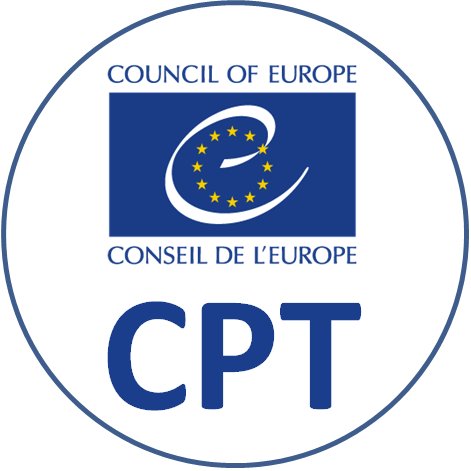Human rights violations increased following the breakdown of the Kurdish peace process in 2015, Human Rights Watch said today in its World Report 2016.
HRW pointed out that human rights violations increased following the breakdown of the Kurdish peace process, a sharp escalation of violence in the southeast of Turkey, and a crackdown on media and political opponents of the ruling Justice and Development Party (AKP).
While securing a fourth term in office in the November 2015 election after inconclusive June elections, the ruling party and President Recep Tayyip Erdoğan have pursued policies that dramatically undermine human rights, democracy, and the rule of law in Turkey, HRW said.
“Turkey’s trajectory is toward authoritarianism and the dismantling of all checks on the power of its leaders,” said Emma Sinclair-Webb, senior Turkey researcher at Human Rights Watch. “The combination of the breakdown of the Kurdish peace process and crackdown on media and political opponents over the past year spell dark times ahead and take Turkey further away from the goal of being a rights-respecting country.”
In the 659-page World Report 2016, its 26th edition, Human Rights Watch provided details about the suspended negotiations between the Turkish government and the Kurdish movement, saying; “The breakdown in 2015 of the government-initiated peace process with Abdullah Öcalan, the imprisoned leader of the armed Kurdistan Workers’ Party (PKK), was accompanied by an increase in violent attacks, armed clashes, and human rights abuses in the second half of the year. The latter included violations of the right to life, arrests of non-violent protesters and activists on terrorism charges, and ill-treatment of detainees.”
HRW also recalled that hundreds of attacks on HDP offices took place in the run-up to both elections, and two of its offices were bombed in the run-up to the June election. A bomb attack on a Diyarbakır HDP election rally on June 5 killed four. A former ISIS fighter is under investigation for the Diyarbakır bombing.
The report by HRW underlined the following developments as to the most serious escalation of violence following the June general election; “The government held ISIS responsible for a July 20 suicide bombing that killed 32 students and activists from Turkey who had traveled to the southeast town of Suruç to join efforts to rebuild Kobani. The PKK blamed Turkish authorities for the bombing, and local PKK associates killed two police officers in nearby Ceylanpınar. In response, the Turkish air force repeatedly bombed PKK camps in northern Iraq and later in Turkey. The PKK countered with a series of deadly attacks on police and army conveys.
In early September, Turkish security forces placed the southeast town of Cizre under blanket curfew for eight days to conduct a military operation against the PKK’s youth wing, which reportedly had sealed off three neighborhoods. The government estimated that 40-42 militants were killed in the operation; the Diyarbakır Bar Association reported 21 civilians dead, 16 from firearm injuries. The authorities have not made the circumstances of the deaths public at time of writing, fueling concerns that they continue to be unwilling to ensure effective investigations and criminal accountability for alleged security force abuses. During further curfews and military operations in towns with neighborhoods sealed off by the PKK youth wing—including Silvan, Nusaybin, and Diyarbakir’s Sur district—civilian deaths were regularly reported by media and human rights organizations. There was a rise in credible reports of serious ill-treatment in detention.”
Also referring to the murder of Tahir Elçi, a human rights lawyer and head of the Bar Association, in Diyarbakır on November 28, HRW noted that the circumstances of his killing were under investigation at time of writing.
The report also pointed out that, starting in July, authorities launched a new wave of investigations into hundreds of Kurdish political party officials and activists, including mayors, detaining many on terrorism charges, including in cases where the evidence consisted of non-violent political association and involvement in peaceful protests or press conferences.
“Despite thousands of killings and enforced disappearances of Kurds by security forces in the 1990s, only a handful of military personnel have faced criminal trial; in four cases in 2015, military personnel were acquitted, and in no case convicted,” Human Rights Watch said, adding that Turkey’s 20-year statute of limitations on the prosecution of unlawful killings remains a major obstacle to justice.

